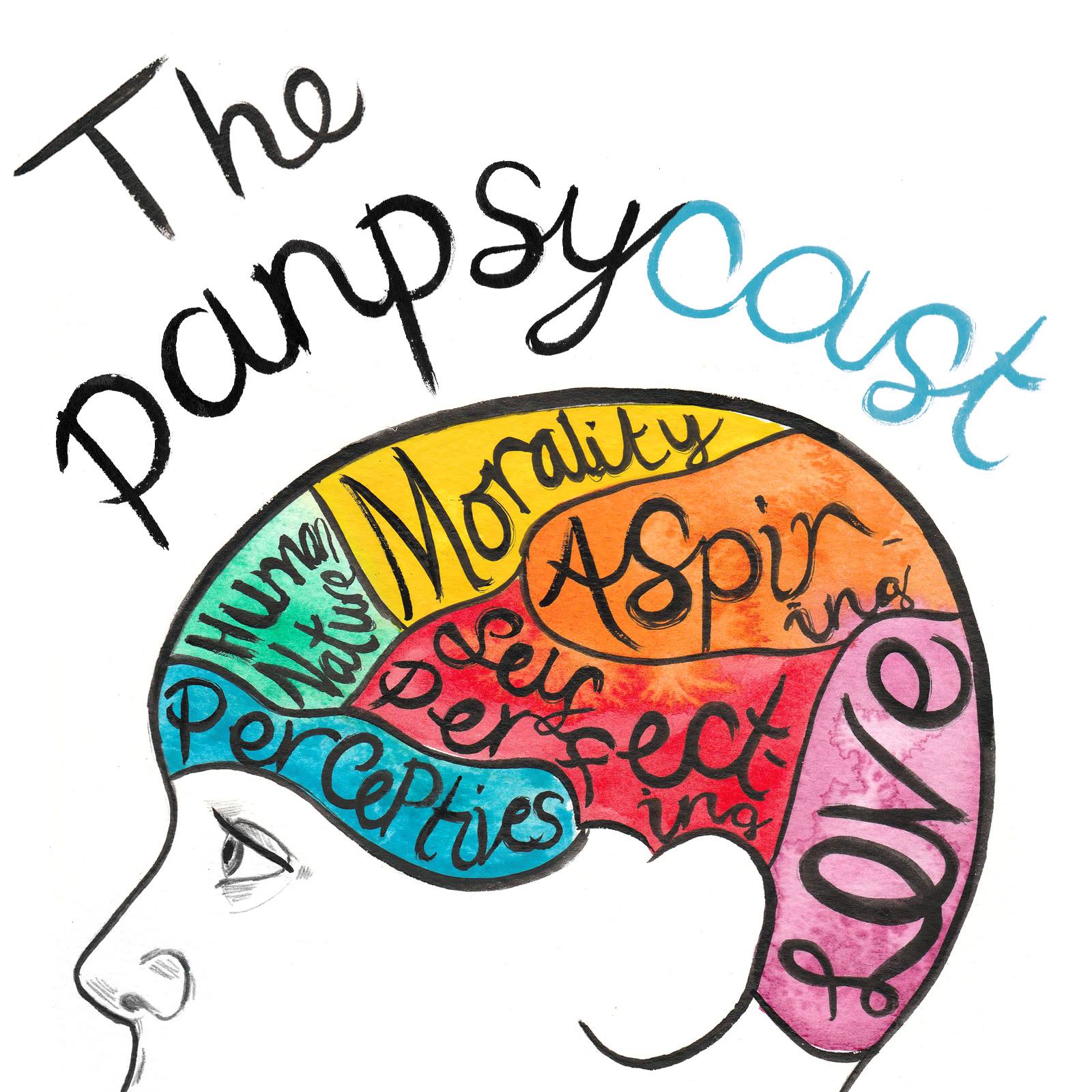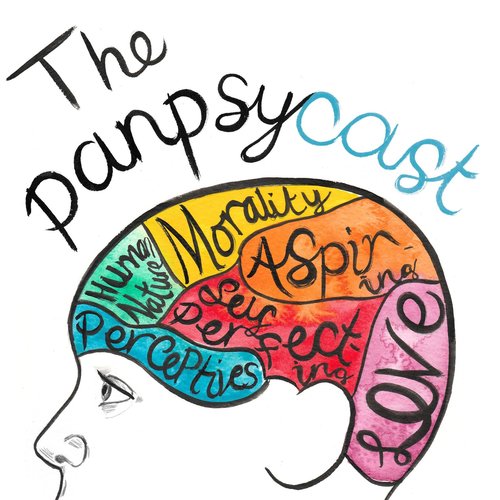Welcome to Episode 43 (Part I of II), where we'll be discussing death, freedom, the self and consciousness with Professor Galen Strawson.
Galen Strawson is Professor of Philosophy at the University of Texas at Austin. Amongst countless papers in metaphysics and philosophy of mind, Galen is the author of Freedom and Belief, The Subject of Experience, Consciousness and Its Place in Nature and most recently, Things That Bother Me: Death, Freedom, the Self, Etc.
The widespread impact of these works cannot be understated. In the words of Stephen Fry:
Galen Strawson has a marvellous gift for untangling even the most complex lines in philosophical thinking and laying them straight. He writes with humour, clarity and always from a recognizably human place. Even the most complex and controversial areas in modern philosophy come into the light when you are in his benign company…. He opens windows and finds light-switches like no other philosopher writing today.
The file size is large, please be patient whilst the podcast buffers/downloads/recognises it cannot be responsbile for the way that it is
Part I. Death, Freedom, the Self and Consciousness
Part II. Further Analysis and Discussion










